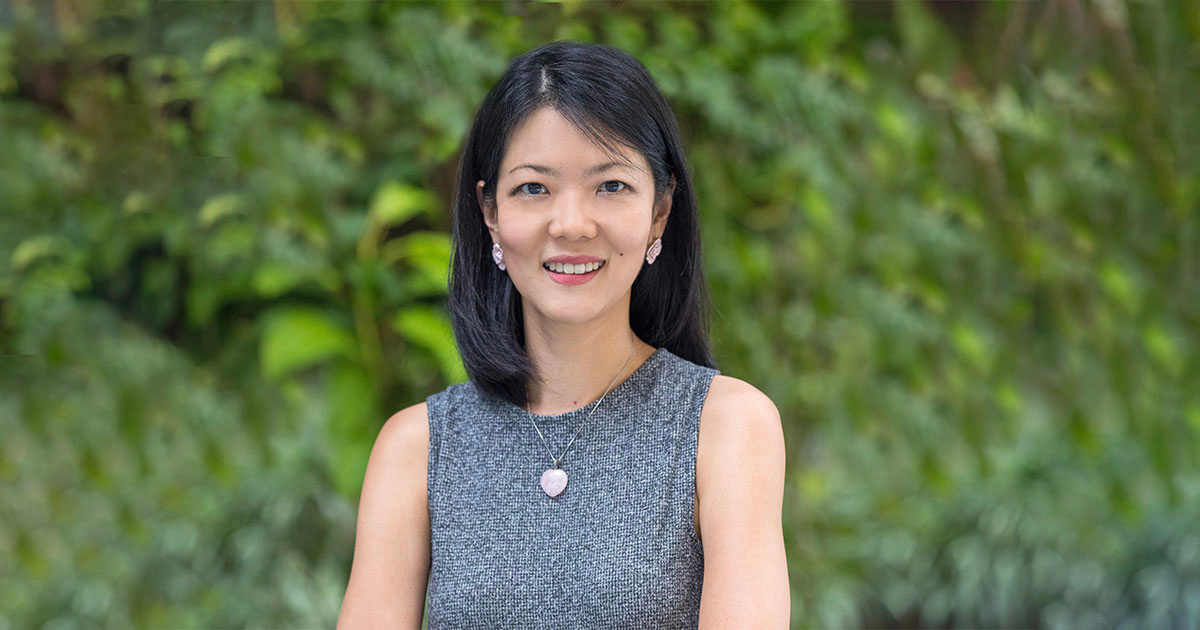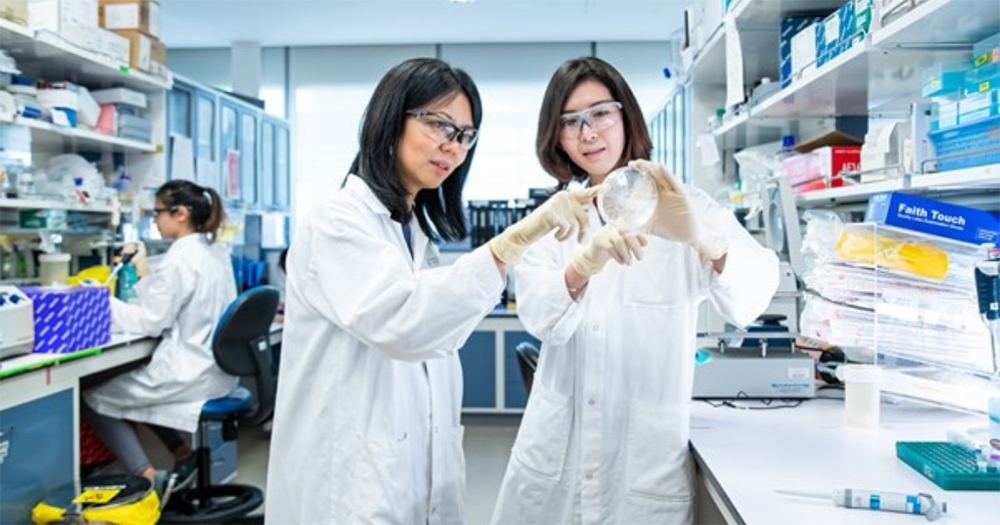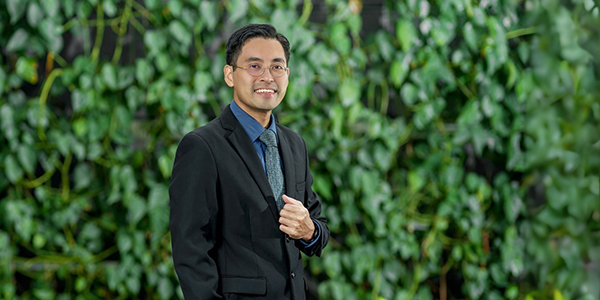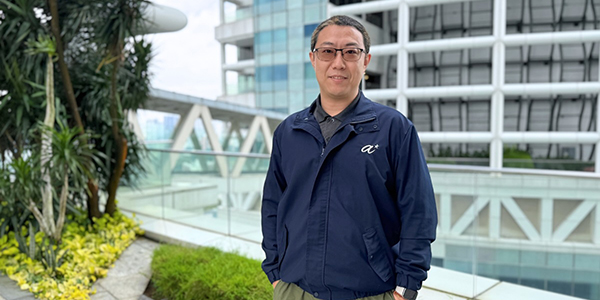Bitten By The Bug
Viral immunologist Prof Lisa Ng is up in arms against infectious diseases, with an affinity to mozzie-borne ones that affect populations in Southeast Asia and globally

The COVID-19 pandemic has generated greater public awareness about infectious diseases. Yet, it remains challenging to attract talent into infectious diseases research as globally, funding has remained relatively low, compared with other fields like cancer, according to Prof Lisa Ng, Executive Director and Senior Principal Investigator at A*STARs Infectious Diseases Labs (ID Labs).
"The thing is, infectious diseases like the plague, malaria and tuberculosis have been around for a very long time. Researchers and clinicians have not been able to eliminate many of these diseases, although vaccination has helped for some," Prof Ng explains.
The highly cited researcher leads a team of eight scientists to study mosquito-borne viruses that are epidemic or endemic in tropical regions, including Chikungunya and dengue.
These diseases have a special place in her heart because Singapore is one of many countries affected by mosquito-borne diseases and offers the expertise to make a difference.
"As a student, I was drawn to viruses," she says. "Although I am not a medical doctor, I have always wanted to help clinicians and patients with my work."
As a young scientist during the Severe Acute Respiratory Syndrome (SARS) outbreak in Singapore in 2003, Prof Ng was part of the team at A*STAR’s Genome Institute of Singapore (GIS) that worked with Roche to develop a polymerase chain reaction (PCR) SARS-CoV diagnostic kit.
She says, "Throughout my career, I’ve believed in thoroughly understanding what unmet clinical needs we want to address.
"That’s the basis of what we do. And along the way, we ask ourselves what are the tools available, have we missed any important scientific or logical questions, and how we can possibly leverage technology to meet those needs."
During the COVID-19 pandemic, Prof Ng and her team worked around the clock to help clinicians understand the severity of the new disease, including providing key information about inflammatory biomarkers, antibody biomarkers and the response of human immune cells as the disease evolved.

Researchers from disciplines across A*STAR, including those from the Bioinformatics Institute (BII), GIS and ID Labs also joined hands to analyse clinical, qualitative and epidemiological data, developing strategies to minimise public spread.
Having emerged from the pandemic, Prof Ng shares that there are things she would do differently should another pandemic strike.
"Firstly, while we moved very quickly to deal with the situation, I would want us to move even faster and work more closely with clinicians," she says.
"Secondly, it was a new disease that we came up with a response to very quickly. But it’d be good for research teams to ask more ambitious scientific questions, even breakthrough questions, so that we can be one step ahead.
"Lastly, we should not neglect wellness, especially in stressful times like this," she adds.
Besides her role in ID Labs, Prof Ng is also the Executive Director of A*STAR’s Biomedical Research Council, where she is responsible for mentoring talent for biomedical research.
"Finding good talent is challenging because these days, graduates have plenty of choices and there are many more pathways to success," she says.
"However, I believe that if you have the passion and the curiosity about infectious diseases, A*STAR’s Infectious Diseases Lab (ID Labs) is a place of many possibilities."
A*STAR celebrates International Women's Day

From groundbreaking discoveries to cutting-edge research, our researchers are empowering the next generation of female science, technology, engineering and mathematics (STEM) leaders.
Get inspired by our #WomeninSTEM




